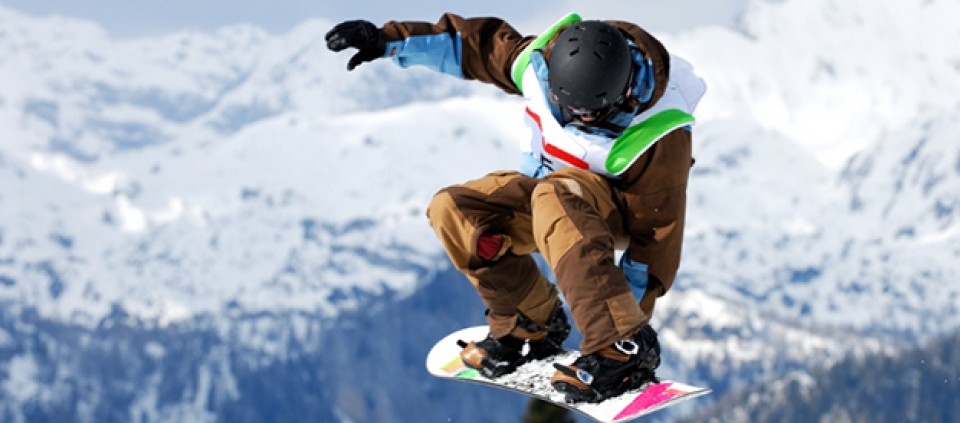Mind Olympics: Training the Brain for Sports—and Life

Olympic medalist Rebecca Soni started swimming competitively when she was 10 years old—first following in her older sister’s footsteps, and then simply because she loved it.
“I spent most of my childhood in a pool, practicing or competing,” she says. “The motivation always came from me. I fell in love with working hard, and trying to improve a little bit every day.” Yoga was a big part of her training, though she focused mostly on its physical benefits.
It wasn’t until Rebecca was at the highest levels of competition—she won six Olympic medals in Beijing and London—that she started to feel the pressure. The London Games were particularly stressful, because now she was a defending champion instead of the dark horse.
“I had a lot of anxiety and fear, and I was reluctant to seek help—there’s still a stigma attached to it,” she says. “It wasn’t until the last years of my career that I started working with a psychologist, and realized it was a really helpful tool.”
That experience was part of what brought Rebecca to the Certificate in Positive Psychology (CiPP) program at Kripalu, as she looked toward the next chapter in her life after retiring from competitive swimming. For her CiPP final project, she designed a series of workshops for young athletes that draw from her personal experience as well as tools she learned in CiPP—including breathing techniques, meditation, yoga, visualization, and goal setting. Today, Rebecca and her Olympic teammate Caroline Burckle offer mindful mentoring for the next generation of athletes, as well as those who are already at the elite level.
Tal Ben-Shahar, PhD, who taught the CiPP program, knows a bit about competitive sports himself—he won both the US Intercollegiate and Israeli National squash championships.
“Putting oneself through rigorous daily training, going through the almost superhuman physical and mental effort day in and day out, is extremely difficult,” Tal says. “And when things don't turn out well—when the athlete loses in a competition or performs subpar in practice—getting up again to put in the necessary effort is even more difficult.”
Tal says it’s essential for athletes to connect, on an ongoing basis, to their overall purpose—to remind themselves why they keep training, even after a loss. But it’s also important to stay connected to the present, he says: “The journey has to be rewarding, otherwise sustaining effort is near impossible.”
Yoga teacher Jill Miller’s expertise is in forging links among the worlds of yoga, massage, athletics, and pain management. She says pranayama in particular is a powerful tool for mental and physical training, both in the moment and long-term.
“Being able to override your stress response through breathing is exactly the fine-tuning that pranayama can provide any athlete,” she says. “All the athletes I work with are astonished at their ability to have more strength, output, and endurance because of the breathing techniques we do.” Renee Holden, mom of Canadian Olympic snowboarder Jake Holden, took Jill’s Yoga Tune Up training at Kripalu. She passed on Jill’s techniques to her son, who used her self-care approach as part of his training.
Jill works with athletes to help them find their body’s “blind spot”—where they’re overusing, under-using, misusing, or abusing their bodies. “The self-awareness you gain is never just on a physical level,” she says. “The way you hold yourself in life is the way you end up holding yourself in your sport.”
Even for non-athletes, there are days when life feels like a high-speed ski run around one mogul after another. That’s when we can tap into the same toolkit that Olympians use. “The tools relevant for success in athletics—ability to deal with failure, hard work and persistence, building a support system, and so on—are significant for success, and happiness, in any domain,” Tal says.
© Kripalu Center for Yoga & Health. All rights reserved. To request permission to reprint, please e-mail editor@kripalu.org.